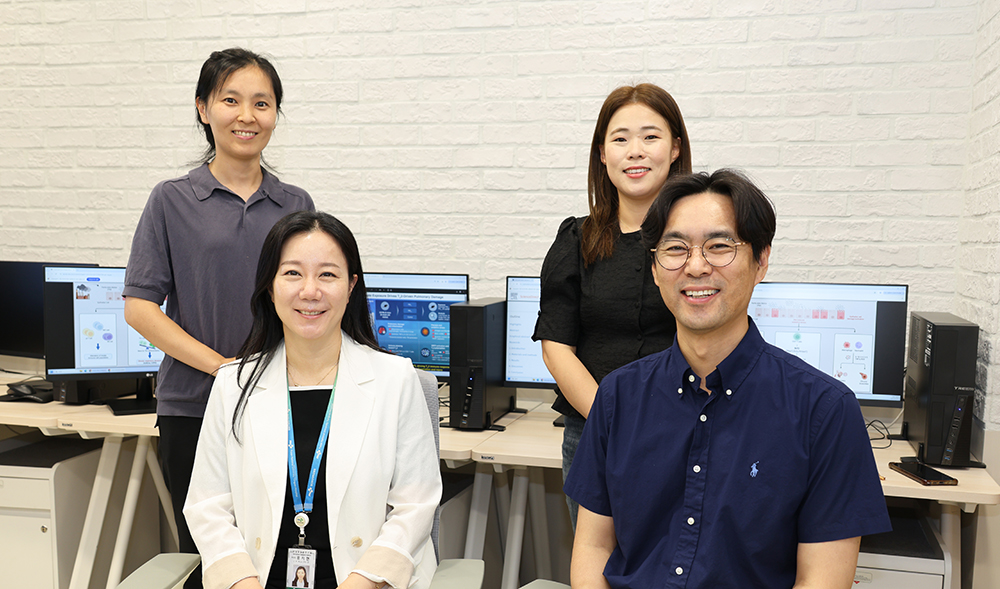
Particulate matter exposure induces pulmonary TH2 responses and oxidative stress-mediated NRF2 activation in mice

Particulate matter (PM) is a broad-spectrum risk factor for the respiratory and cardiovascular respiratory systems. The impact and underlying mechanisms of adaptive immune responses in PM-induced pulmonary inflammation remain largely unexplored. In this study, we established a mouse model for long-term exposure to PM2.5 and PM10 via intranasal instillation and performed a comparative analysis of the effects on adaptive immunity, specifically T cell immune responses. PM-exposed mice exhibited overall increased pulmonary injuries, inflammation, fibrosis, oxidative stress, and apoptosis, with a more pronounced effect in PM2.5 than PM10. Alongside pulmonary inflammation, IL-4-producing CD4+ T cells were increased, whereas the IFNγ- and TNFα-producing CD4+ T cells were decreased. PM exposure induced the expression of Th2-type cytokines in bronchoalveolar lavage fluid (BALF), which elevated the levels of IgE and IgG1 in the plasma. PM-activated nuclear factor erythroid-2-related factor 2 (Nrf2) and its downstream genes and overexpression of Nrf2 skewed CD4+ T cells toward Th2 differentiation in Nrf2 Tg mice. The negative effects of PM were more enhanced in the PM2.5 than PM10 exposure models and associated with TH2 immune responses. These findings highlight how PM exposure disrupts immune balance and exacerbates conditions like asthma and chronic obstructive pulmonary disease by promoting TH2-driven inflammation through NRF2 activation.
- Authors: Yuna Jo (Research Institute for Medicine, Pusan National University), Bo-Young Kim, Ji Hyeon Ryu (Research Institute for Convergence of Biomedical Science and Technology, Pusan National University Yangsan Hospital), Changwan Hong (Department of Medicine, Pusan National University)
- Title of original paper: Particulate matter exposure induces pulmonary TH2 responses and oxidative stress-mediated NRF2 activation in mice
- Journal: Redox Biology
- Web link: https://doi.org/10.1016/j.redox.2025.103632
- Contact e-mail: chong@pusan.ac.kr

 945홍창완교수1.jpg
(479KB)
945홍창완교수1.jpg
(479KB)